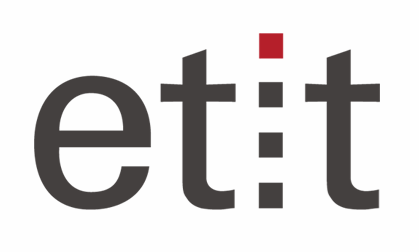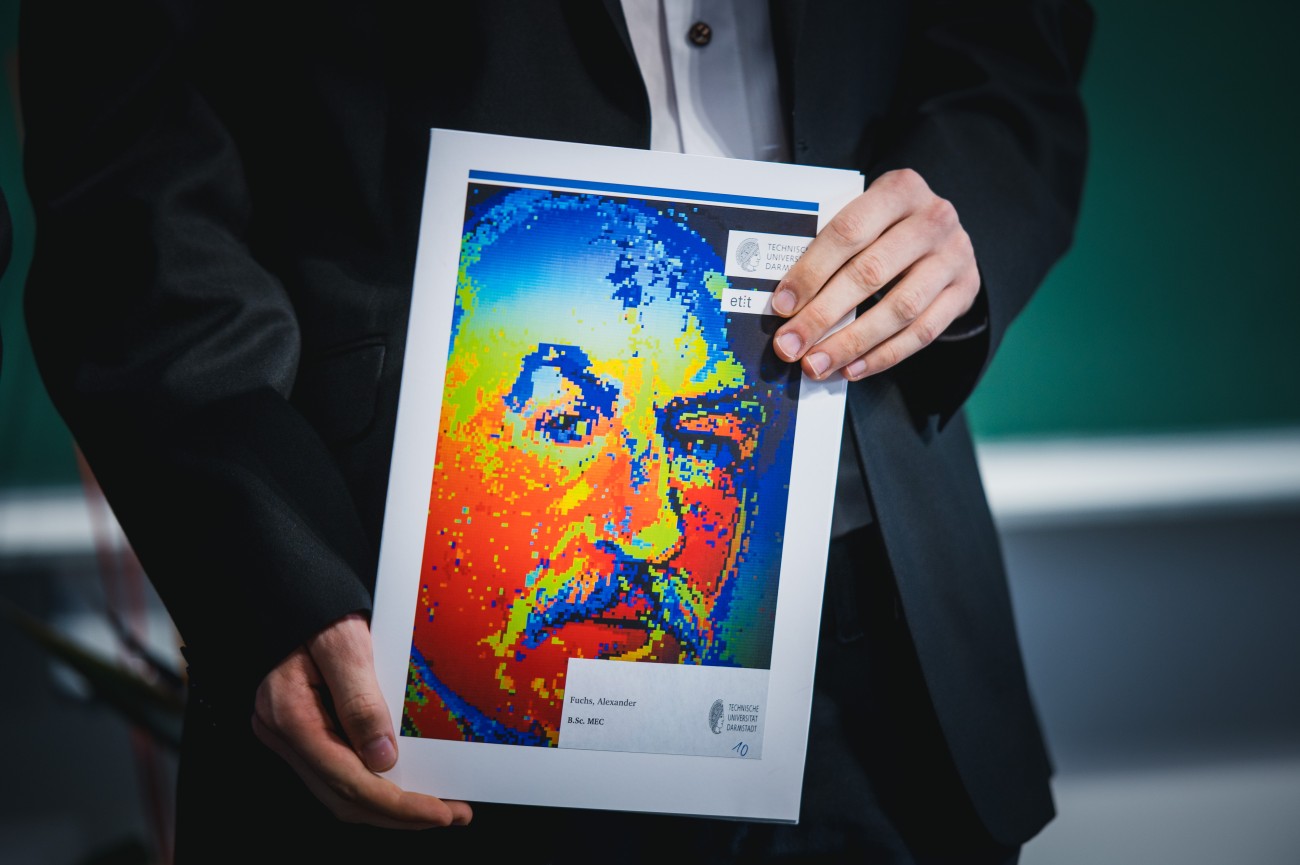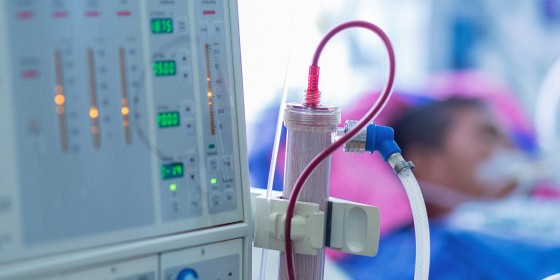Statistical Machine Learning and Signal Processing for Raman Spectroscopy
Masterarbeit
Master Thesis on Statistical Machine Learning and Signal Processing for Raman Spectroscopy in the field of Robust Data Science.
Project Overview:
Dive into the cutting-edge intersection of statistical machine learning and signal processing with this innovative Master thesis project. Focused on advancing Raman spectroscopy, this project aims to develop, implement, and refine state-of-the-art algorithms to enhance the accuracy and reliability of therapeutic-drug monitoring.
Biomedical Application:
The core application is therapeutic-drug monitoring, a critical process in personalized medicine. By leveraging Raman spectroscopy, you will work to precisely determine drug concentrations in blood samples, a task vital for effective and safe therapy management.
Challenges and Methods:
Raman spectroscopy, based on vibrational Raman scattering, presents unique challenges. The spectral variations are often subtle and can be obscured by background signals, instrumental drifts, measurement errors, and artifacts. Your mission will be to overcome these challenges through sophisticated statistical and machine learning methodologies.
Data Source:
You'll analyze Raman spectroscopic data acquired in the Biophotonics – Biomedical Engineering Group. We are at the forefront of developing innovative laser spectroscopic techniques for personalized medicine and therapy monitoring.
Prerequisites:
• Strong Foundation in Statistical Signal Processing and Machine Learning: Essential for developing and refining the complex algorithms required.
• Programming Skills: Proficiency in Python, R, or C++ is crucial for implementing the algorithms efficiently.
• Interest in laser spectroscopic techniques and their application for biomedical sensing
• Motivation and Interest: A high level of enthusiasm for developing advanced methods
and working with real biomedical data is key to success in this project.
Why This Project?
This project offers a unique opportunity to contribute to a pivotal area of biomedical engineering. Embark on this journey under joint supervision of the Robust Data Science Group and Biophotonics – Biomedical Engineering Group to enhance your skills in machine learning, signal processing, laser spectroscopy, and biomedical engineering. By enhancing therapeutic- drug monitoring through advanced Raman spectroscopy techniques, you'll be at the forefront of personalized medicine, making an impact on future healthcare.
How to Apply?
Please send an E-Mail to michael.muma@tu-darmstadt.de with your CV and transcript.
Introductory Literature
• Guo, S., Popp, J. & Bocklitz, T. (2021) Chemometric analysis in Raman spectroscopy from experimental design to machine learning–based modeling. Nat Protoc 16, 5426–5459.
• Ralbovsky, N. M., & Lednev, I. K. (2020). Towards development of a novel universal medical diagnostic method: Raman spectroscopy and machine learning. Chemical Society Reviews, 49(20), 7428-7453.
• Qi, Y., Hu, D., Jiang, Y., Wu, Z., Zheng, M., Chen, E. X., … & Chen, Y. P. (2023). Recent progresses in machine learning assisted Raman spectroscopy. Advanced Optical Materials, 11(14), 2203104.




